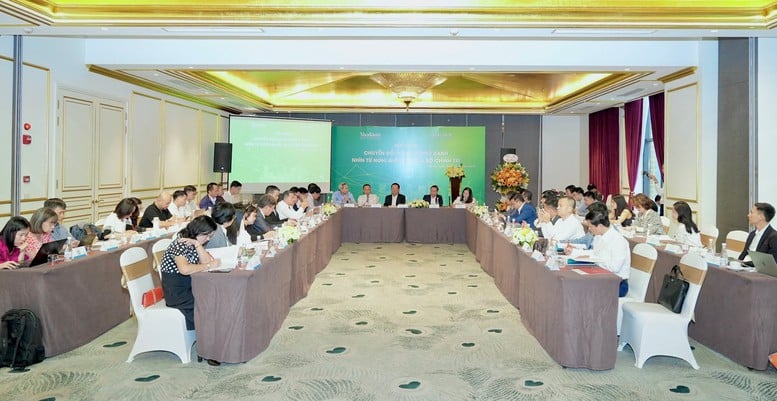
Workshop "Green energy transition seen from Resolution 70 of the Politburo " - Photo: VGP/HT
Institutionalizing Resolution 70 - a strategic step for energy security
At the workshop "Green energy transformation from the perspective of Resolution 70 of the Politburo" on October 30 in Hanoi, Mr. Tran Hoai Trang, Deputy Director of the Electricity Department ( Ministry of Industry and Trade ) said that the Ministry of Industry and Trade is completing the draft Resolution of the National Assembly on mechanisms and policies to remove difficulties in national energy development.
The draft focuses on groups of solutions to remove bottlenecks in planning, investing and developing power sources, ensuring to meet the rapidly increasing demand for electricity in the coming period. The Ministry also emphasizes the importance of balancing coal power, LNG power and renewable energy, especially in the Northern region - where the risk of power shortages still exists.
According to Resolution 70-NQ/TW, the goal by 2030 is to firmly ensure national energy security, provide sufficient, stable, high-quality electricity, reduce emissions, contribute to economic development, protect the environment and improve people's lives.
The Ministry of Industry and Trade proposed a series of outstanding special mechanisms in the draft Resolution. Regarding power planning, it allows flexible adjustments to suit the actual development needs of each locality.
Regarding investment in power project construction, streamline administrative procedures, cut compliance costs, and speed up project commencement and operation.
Regarding the BOT investment mechanism, additional regulations are added to encourage foreign investors, creating favorable conditions to attract international capital.
For LNG thermal power projects, it is expected to apply a long-term minimum electricity output mechanism to increase attractiveness and reduce financial risks for investors.
Businesses proactively shift energy
From a business perspective, Mr. Nguyen Tai Anh, Deputy General Director of Vietnam Electricity Group (EVN), said that EVN is playing a pivotal role in energy transition and achieving the target of reducing emissions by 15-35% by 2030.
"With a total investment of 3-4 billion USD/year, mobilizing social capital is necessary. Resolution 70 allows the participation of many economic sectors, helping to share the financial burden and promote the green transition process," said an EVN representative.
Representing the financial sector, Mr. Vuong Van Quy, Deputy Head of Agribank's Credit Policy Department, shared that as a 100% state-owned commercial bank, Agribank has pioneered in "greening" credit activities.
By June 30, 2025, Agribank's green credit balance will reach nearly VND 28,800 billion, of which: Renewable energy accounts for 52.5%; Green agriculture accounts for 22.7%; Sustainable forestry accounts for 24%.
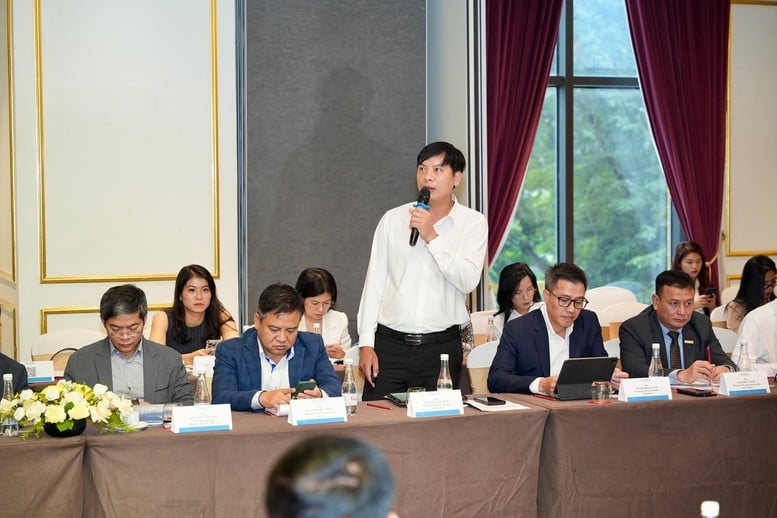
Mr. Vuong Van Quy, Deputy Head of Agribank Credit Policy Department - Photo: VGP/HT
The bank has launched a preferential green credit program of VND30,000 billion, with a fixed interest rate of 6%/year for 24 months, prioritizing renewable energy projects, clean agriculture, and environmental protection. Agribank has also increased international cooperation to access green capital sources and support businesses in sustainable transformation.
Mr. Vuong Van Quy emphasized that credit for green energy is not only a financial task but also a mission for the green future of Vietnam. At the same time, the representative of Agribank proposed to soon issue unified regulations on green credit and bonds, standardize criteria for assessing environmental risks, and create a legal corridor for commercial banks to implement.
Mr. Tran Hoai Nam, Deputy Director of VietinBank Corporate Banking Division, said: Currently, VietinBank's outstanding loans for the energy sector have reached hundreds of thousands of billions of VND, of which more than 2 billion USD (about 60,000 billion VND) is for green energy projects, with capital mobilized from both domestic and international sources.
According to Mr. Nam, green credit is a "hot" topic, especially after Vietnam committed to a net zero emission target by 2050 at COP26. Over the past two years, VietinBank has organized many conferences with import-export and FDI enterprises to support access to green capital, as compliance with ESG standards has become a mandatory condition in markets such as the EU. The bank is building a sustainable development framework, issuing green bonds and mobilizing more than VND10,000 billion from the FDI sector to re-lend to green transformation projects.
Mr. Nam said that to promote the mobilization of social resources, it is necessary to standardize policies, especially the early establishment of a carbon credit trading floor and a legal framework for issuing green bonds and deposits, helping businesses invest effectively and meet sustainable development standards.
Representative of the State Bank, Ms. Pham Thi Thanh Tung, Deputy Director of the Department of Credit for Economic Sectors, informed: By June 2025, the outstanding loans for renewable energy reached nearly VND 290,000 billion, increasing by an average of 150%/year - much higher than green credit in general. In the total outstanding green credit, renewable energy accounts for 39%, showing that banks are actively accompanying the goals of Resolution 70.
"However, there is still a lack of a legal framework for green bonds and carbon credit transactions. It is necessary to clearly guide the criteria for "green projects" so that banks can reduce lending risks," Ms. Pham Thi Thanh Tung noted.
Mr. Phan Duc Hieu, member of the National Assembly's Finance and Economics Committee, said that the role of green energy is "triple impact": reducing emissions in production, being an input for all industries, and deciding the green transformation efficiency of the entire economy.
Mr. Hieu suggested that it is necessary to clearly define the scope and general and specific removal mechanisms for each project, and at the same time closely coordinate with land, planning and investment policies.
Mr. Minh
Source: https://baochinhphu.vn/the-che-hoa-nghi-quyet-70-go-nut-that-mo-duong-cho-nang-luong-xanh-102251030161229684.htm


![[Photo] Touching scene of thousands of people saving the embankment from the raging water](https://vphoto.vietnam.vn/thumb/1200x675/vietnam/resource/IMAGE/2025/10/30/1761825173837_ndo_br_ho-de-3-jpg.webp)
![[Photo] General Secretary To Lam meets former British Prime Minister Tony Blair](https://vphoto.vietnam.vn/thumb/1200x675/vietnam/resource/IMAGE/2025/10/30/1761821573624_tbt-tl1-jpg.webp)
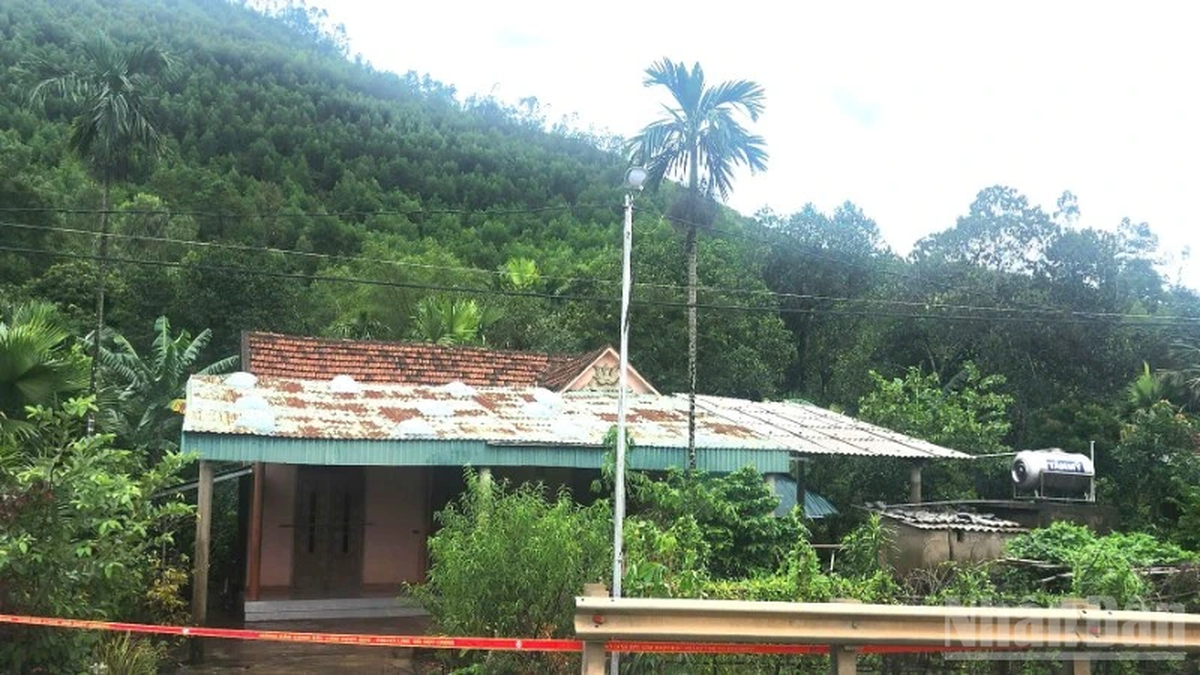
![[Photo] The Third Patriotic Emulation Congress of the Central Internal Affairs Commission](https://vphoto.vietnam.vn/thumb/1200x675/vietnam/resource/IMAGE/2025/10/30/1761831176178_dh-thi-dua-yeu-nuoc-5076-2710-jpg.webp)
![[Photo] General Secretary To Lam attends the Vietnam-UK High-Level Economic Conference](https://vphoto.vietnam.vn/thumb/1200x675/vietnam/resource/IMAGE/2025/10/30/1761825773922_anh-1-3371-jpg.webp)
![[Photo] National Assembly Chairman Tran Thanh Man receives foreign ambassadors who came to say goodbye](https://vphoto.vietnam.vn/thumb/1200x675/vietnam/resource/IMAGE/2025/10/30/1761820977744_ndo_br_1-jpg.webp)



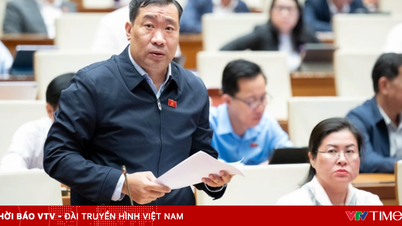
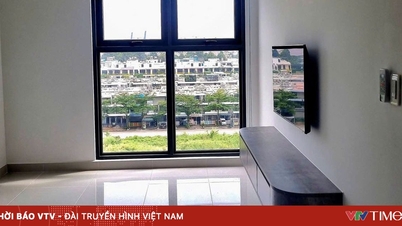

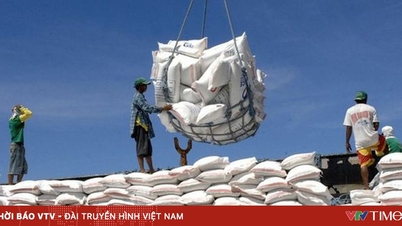





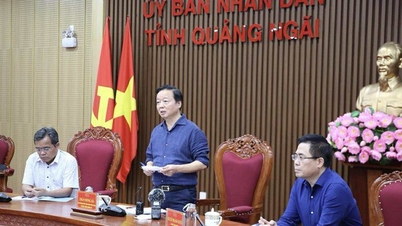

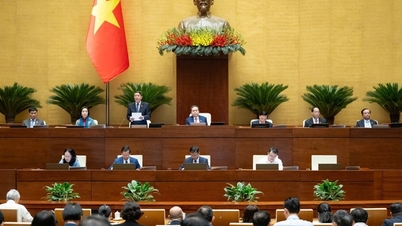
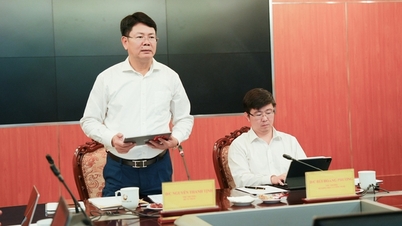






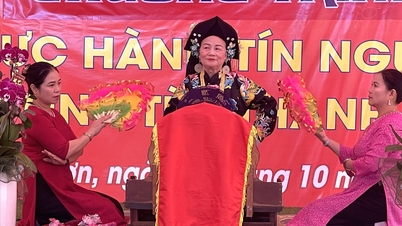





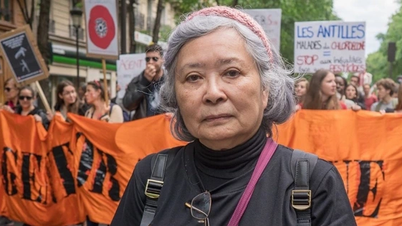

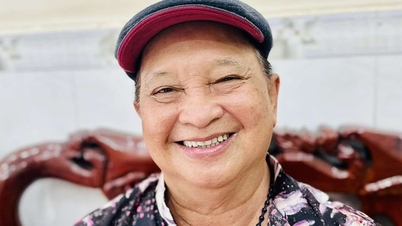







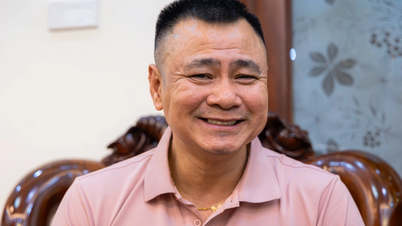

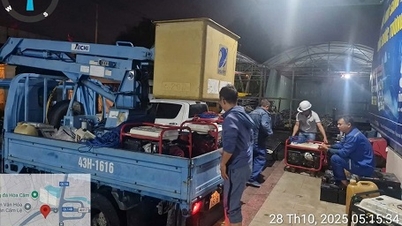

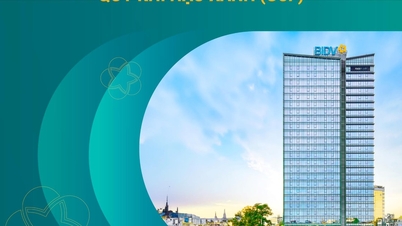
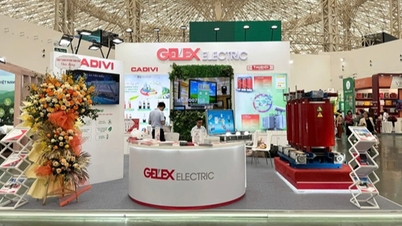
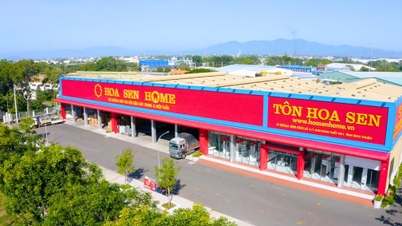










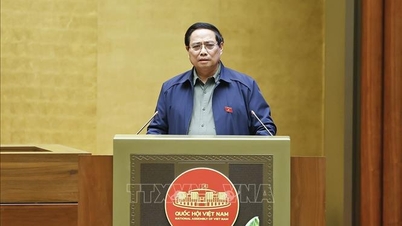

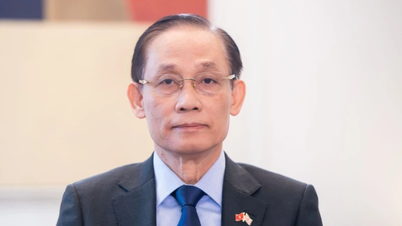

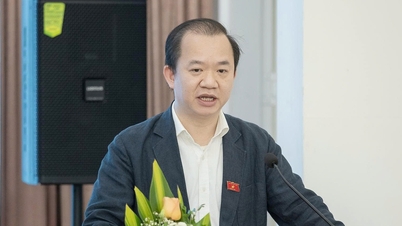
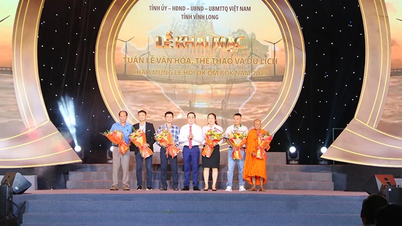
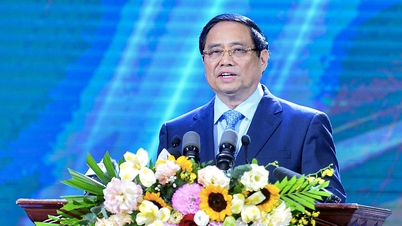




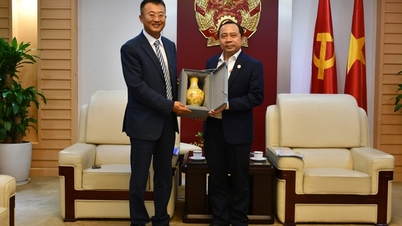
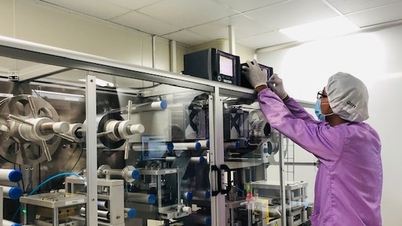
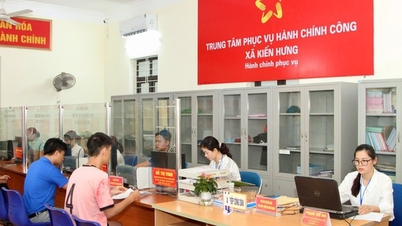
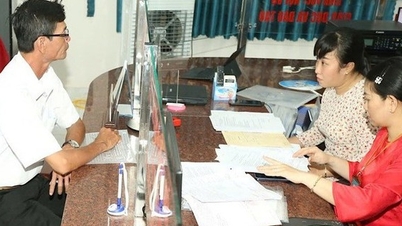
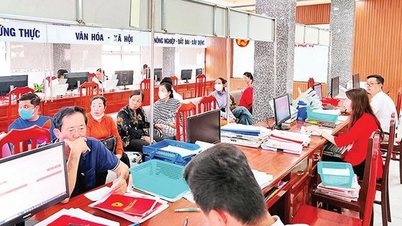


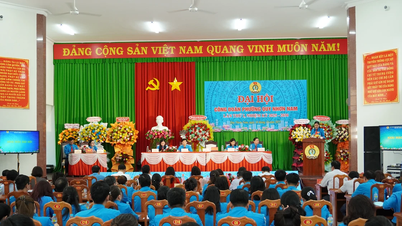
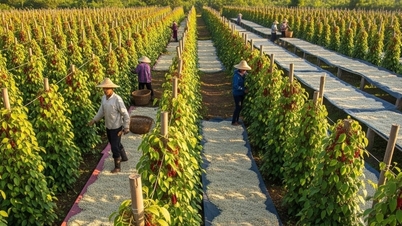

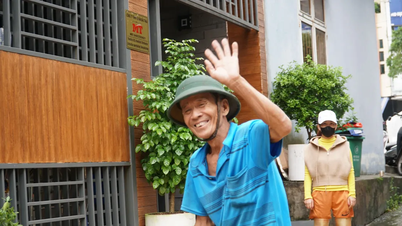

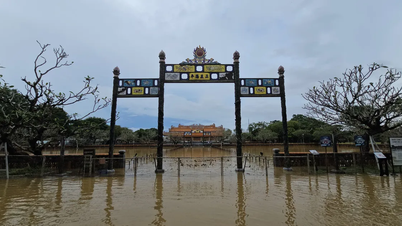
















Comment (0)